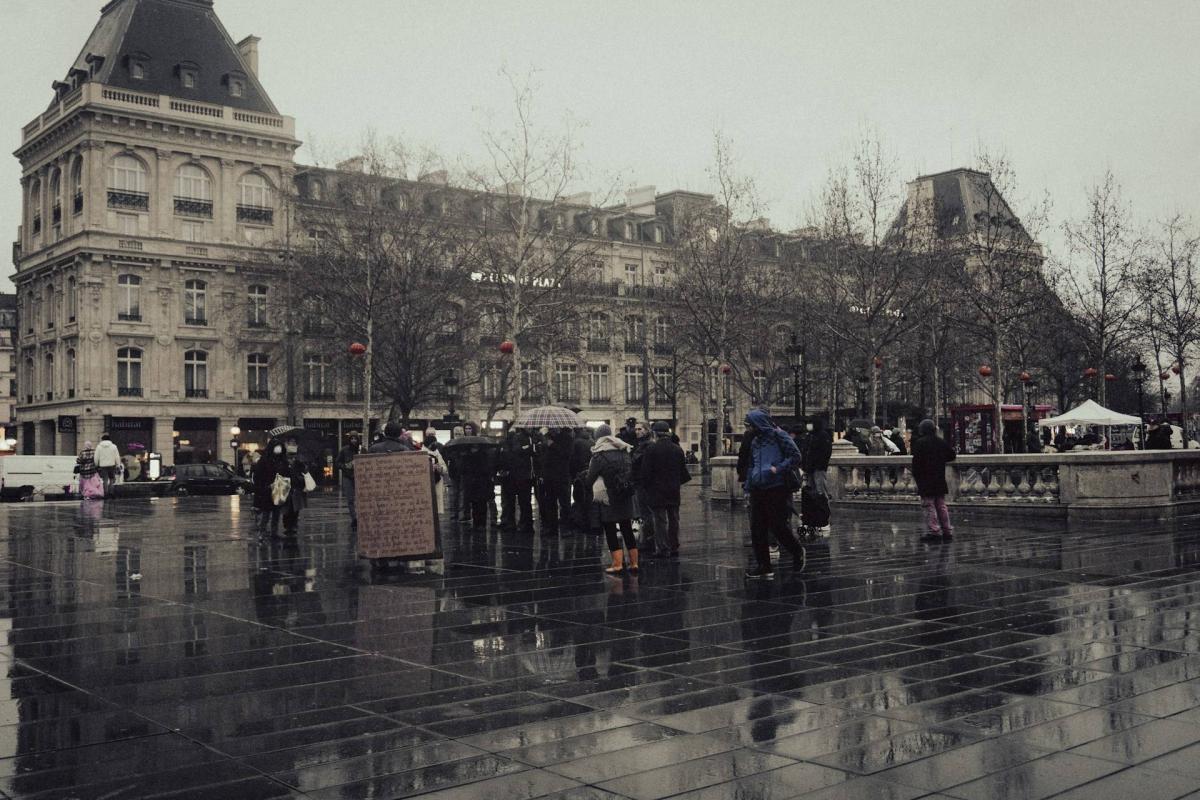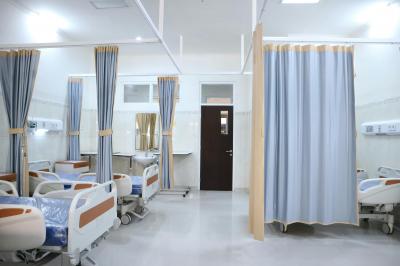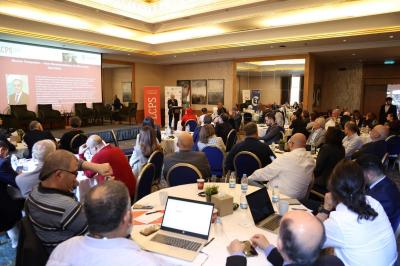The social winter is likely to be heated for the French government. Even though it is usually the "social rentrée" (post-summer period) that is predicted to be turbulent in Paris, the surge in strikes is putting pressure on Prime Minister Michel Barnier. Faced with a government of immense fragility, a social crisis threatens to erupt in a country already burdened by multiple crises since Emmanuel Macron's rise to power.
The unions of the SNCF (the public rail group) have called for an indefinite strike starting December 11, demanding a moratorium against what they call the "announced dismantling of Fret SNCF." In reality, the French freight sector has been fragile for years. The German competitor of SNCF, Deutsche Bahn, has long since acquired freight companies across Europe. More recently, Eurotunnel and the Colas group purchased freight licenses to open an alternative to public freight for private French companies. The unions, however, have not allowed this. For them, the SNCF must remain a monopoly, even though passenger lines have been opened to competition. This time, with the Sud-Rail union at the forefront, the pretext of securing the future of Fret SNCF is being used to impose the threat of a new strike on French families gathering to celebrate Christmas and the end-of-year holidays. Will the patience of the French reach its limits? Outgoing railway group President Jean-Pierre Farandou still does not know the name of his successor. Social partners are taking advantage of the current "power vacuum" at the SNCF.
Meanwhile, the powerful airline pilots' union is stirring against the Barnier government's intent to extract an additional billion euros per year from the aviation sector. A new tax on airlines is planned in the 2025 budget, even though a domestic flight ticket already bears close to 25% in taxes and 10% for long-haul flights! Will this new tax divert some air traffic to the Dutch hub at Schiphol? French aviation employees fear it will.
Another front of social discontent is in the public sector. Public servants are opposing the implementation of a three-day waiting period for sick leave proposed by their supervising minister. "In December, we will take the minister at his word: three days of waiting, three days of strike," declared Christian Grolier, secretary general of UIAFP-FO.
Farmers, on their end, are mobilizing against the Mercosur treaty that Brussels is set to sign during the upcoming G20 summit in Rio de Janeiro. This free trade agreement could allow the entry of food products into Europe that do not meet the health standards imposed on our own farmers—terrifying. "This is not true," retorts the European Commission. "The same health standards will apply to all South American products." French agriculture is suffering. The harvests have been poor this year, and livestock diseases are widespread. Farmers want to earn a decent living from their work. Their anger has been palpable since the Paris Agriculture Fair. Agricultural mobilization will return like a boomerang to the windows of the Elysée and Matignon. This mobilization could be even more forceful with agricultural chamber elections scheduled for early 2025. The showdown between the FNSEA and the Coordination Rurale will be fierce in the union ballot boxes, with MODEF or Young Farmers as referees. This election within the farming world could reshape the contours of relations between the French government and the country's agricultural sector. Railway workers, public servants, farmers, pilots—the potential for social unrest to reignite in France is real. A social crisis that neither the Elysée nor Matignon, weakened by political fragility, may be able to contain.
Please post your comments on:
[email protected]
 Politics
Politics








